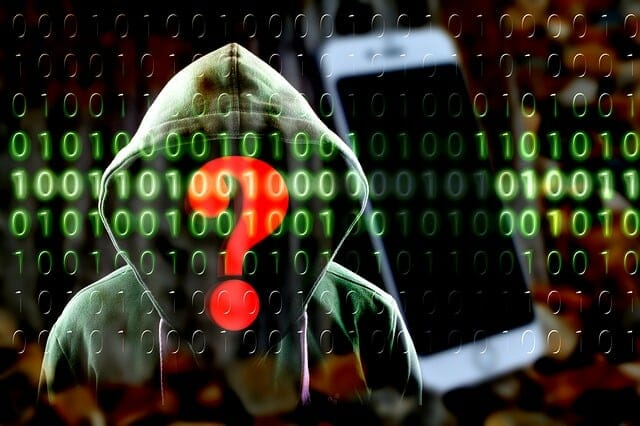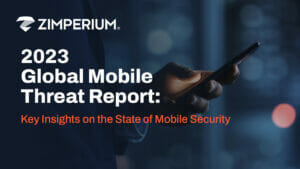
Smishing is a type of cyberattack that utilizes text messages to deceive individuals into disclosing sensitive information or installing malware on their devices. In a smishing attack, an attacker sends out what appears to be from an official source like a bank, government agency, or popular website as though it were from them. The message usually contains a link or phone number, which the recipient should click or call to be duped.
Once a recipient clicks or calls the link, they may be directed to a fake website or asked for personal information such as login credentials or credit card numbers. Alternatively, clicking the link could install the smishing malware on their device, granting access to stolen information or taking control of their device.
Smishing attacks can be wildly successful because text messages are typically perceived as more reliable than email, and people tend to respond when receiving one promptly. Therefore, to protect users from these types of scams, they should be wary of unsolicited text messages with links or requests for personal information. Furthermore, keep your devices and security software up-to-date and avoid clicking links or downloading attachments from untrustworthy sources.
